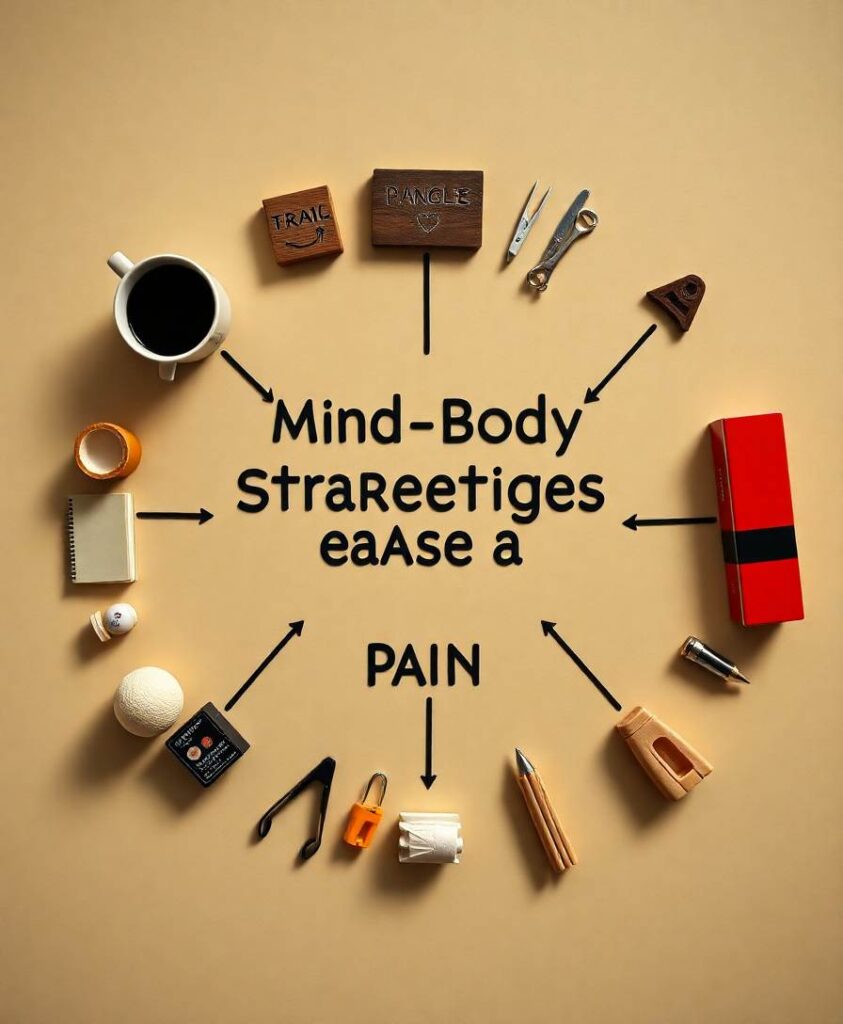Bridging Pain Management and Cognitive Health
As a neuroengineer passionate about human potential, I’m deeply intrigued by emerging research connecting common nerve pain medications with long-term cognitive risks. Our medical choices aren’t isolated decisions, but interconnected pathways that shape our neurological trajectory.
Understanding medication impacts requires nuanced perspective. While gabapentin offers critical relief for millions managing nerve pain and seizures, recent studies suggest potential cognitive trade-offs that demand careful consideration. The research doesn’t invalidate the medication’s importance, but invites a more holistic approach to treatment strategies that balance immediate symptom management with long-term neural health.
Brain science continues revealing how pharmaceutical interventions can subtly reshape our cognitive landscape. By staying informed and engaging proactively with healthcare providers, patients can make empowered choices that preserve both functional independence and cognitive resilience. This isn’t about fear, but about strategic, forward-thinking health optimization that respects the intricate complexity of human neurological potential.
Could Common Nerve Pain Medications Be Increasing Dementia Risks?
When you’re navigating the complex landscape of chronic pain management, it’s easy to focus solely on relief and functionality. But what if some of the medications we rely on to manage nerve pain, seizures, or restless leg syndrome are quietly playing a role in cognitive decline? This isn’t alarmist speculation; emerging research suggests a serious link between popular drugs like gabapentin and increased dementia risk, prompting a need for us to rethink long-term medication strategies.
Imagine a medication designed to help you reclaim your life from nerve pain or seizures , a drug that promises relief and restored independence. Now, picture that same medication subtly impacting your brain’s future, potentially nudging cognitive health into riskier territory. That’s the paradox we’re confronting with gabapentin, a drug that’s become a staple in millions of treatment plans but might have an unintended dark side when it comes to cognitive decline.
Understanding the Hidden Risks of Popular Nerve Pain Medications
Gabapentin, originally developed to treat seizures, has become a go-to for nerve pain and restless leg syndrome , conditions that can be debilitating and severely diminish quality of life. Its popularity stems from its effectiveness and relative safety profile, but recent studies are raising eyebrows about long-term consequences. According to new research, regular use of gabapentin appears to be associated with an
increased risk of dementia by 29%
and a staggering
85% increase in mild cognitive impairment (MCI)
. That’s not just a small statistical bump; it’s a signal that warrants serious attention.
The key concern isn’t just about immediate side effects, but about how chronic use might influence brain health over the years. As someone obsessed with future-proof tech and innovations, I see this as a critical reminder: the medications we choose today can have ripple effects on our cognitive potential tomorrow. This is the kind of insight that pushes us to ask deeper questions about how we manage chronic conditions and what trade-offs we might be accepting in the pursuit of symptom relief.
How Might Gabapentin Influence Cognitive Decline?
While researchers are still unraveling the precise mechanisms, the link points toward how certain drugs interact with brain chemistry. Gabapentin influences neural excitability and neurotransmitter activity, which is essential for pain modulation but also plays a role in cognitive function. Over time, these alterations could interfere with neural plasticity — the brain’s ability to adapt, learn, and maintain healthy cognitive functions.
Think of the brain as a highly sophisticated, future-ready device. When you tweak its core systems with medications, it’s akin to updating your smartphone’s firmware. Sometimes, these updates improve performance; other times, they introduce bugs that compromise stability. The concern here is that long-term gabapentin use might introduce subtle “software bugs” in neural circuits that support memory, reasoning, and executive function.
This doesn’t mean you should toss your medication tomorrow , but it does mean it’s time for a nuanced conversation with healthcare providers. Are there alternative therapies? What are the risks versus benefits? And how can we future-proof our cognitive health while managing pain effectively?
What Should Patients and Healthcare Providers Do Next?
The emerging evidence acts as a wake-up call for both patients and clinicians. For individuals on chronic gabapentin therapy, it’s crucial to have open, informed conversations about the potential long-term cognitive risks. This isn’t about panic but about proactive, future-oriented health planning.
Healthcare providers should consider whether the benefits of gabapentin still outweigh the risks for each patient, especially in those with other risk factors for dementia. Exploring non-pharmacological interventions, alternative medications, or lifestyle modifications might be prudent steps. Just like future-proofing your tech setup with the latest security patches and upgrades, managing health risks involves regular check-ins and adaptive strategies.
Long-term medication use always carries some level of risk , whether it’s a smart device or a life-saving drug. But with increasing research linking nerve pain medications like gabapentin to cognitive decline, it’s clear that we need a more nuanced understanding of how to balance immediate symptom relief with long-term brain health.
In the end, being informed and vigilant is the best way to future-proof your cognitive potential. The goal isn’t just symptom management; it’s about preserving the highest quality of life, mental agility, and independence for years to come.
Learn More: Popular Chronic Pain Medication Linked to Dementia
Abstract: A drug used to treat seizures, nerve pain and restless leg syndrome might be linked with increased risk of dementia, a new study says. Regular gabapentin use appeared to increase risk of dementia by 29% and mild cognitive impairment (MCI) by 85%, researchers reported July 10…
Link: Read Full Article (External Site)



